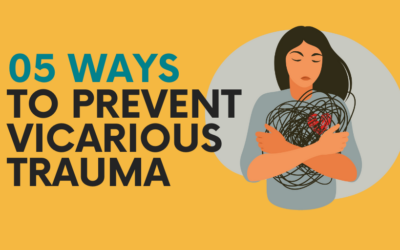Parents and teachers can help teens make lasting holiday memories with holiday bucket list activities that spark joy, connection, and growth.
Blog Articles and Episodes
Teens need champions. Be one.
Every teen deserves an adult who believes in them. Our newsletter is packed with updates on teen life, free resources, and practical ways to build stronger, more supportive relationships with the young people you care about. When you grow, they thrive.
Subscribe today — because one caring adult can change everything.





